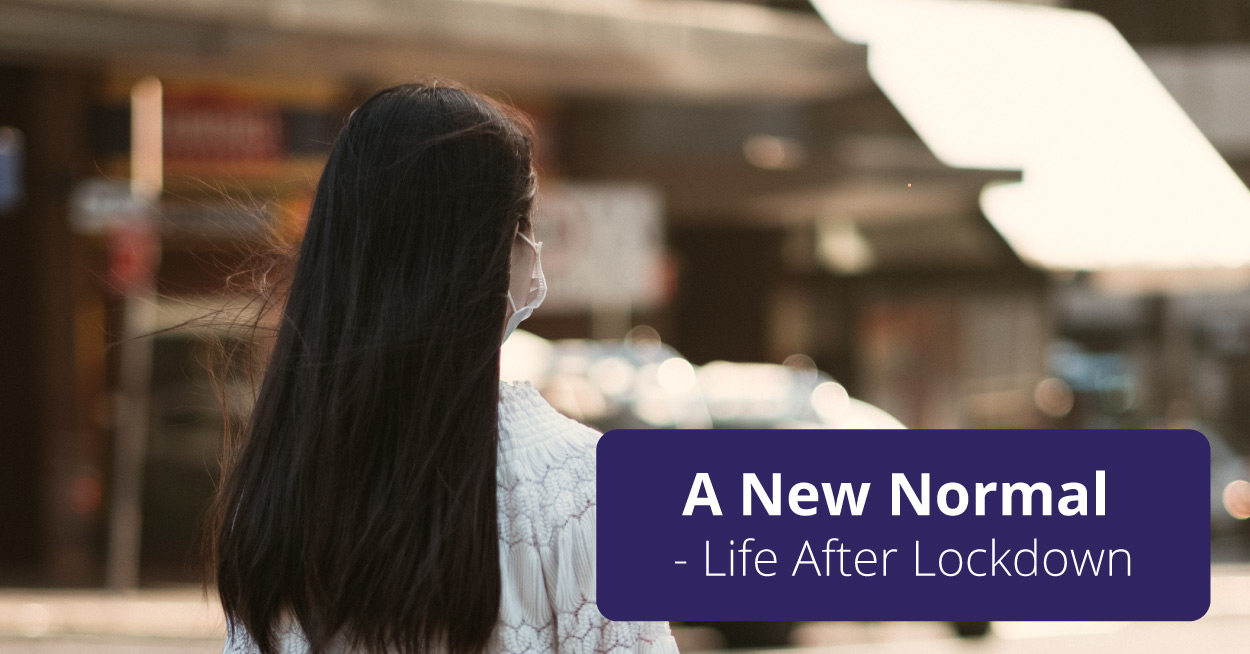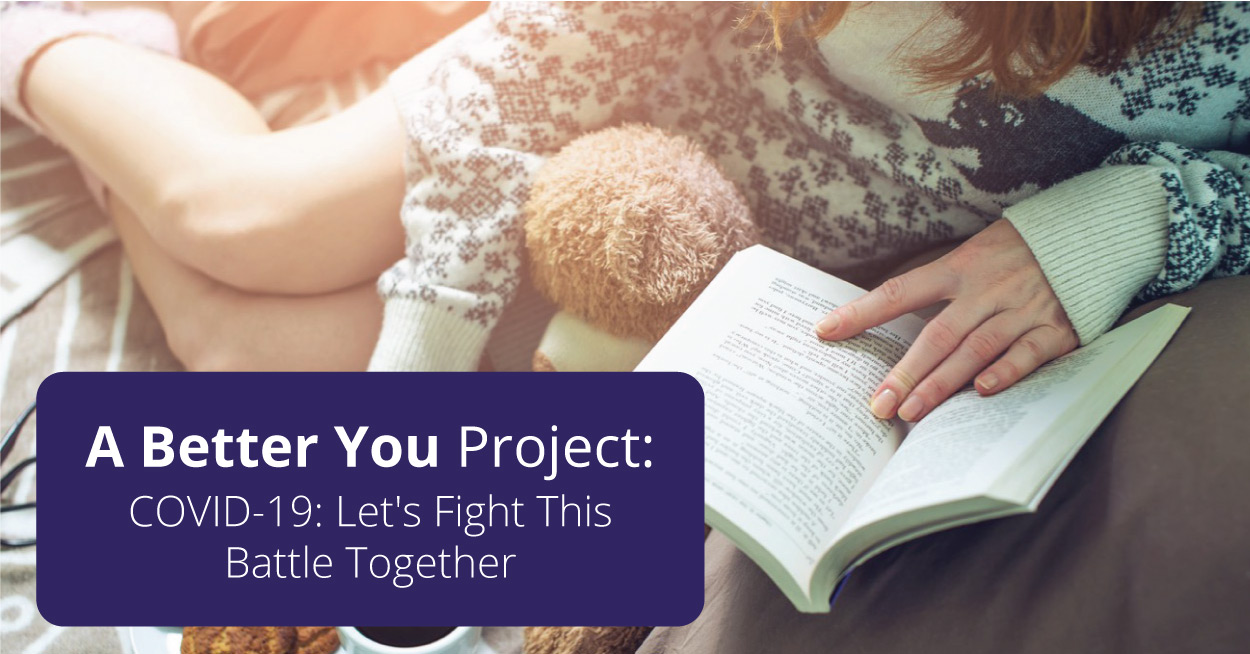We humans have a fascination with certain numbers. Take the number 8 for example. 8 glasses of water per day, 8 hours of sleep per night, the Chinese lucky number 8!
No wonder, many of us wonder why we wake up in the middle of the night, never being able to hit that ideal 8-hour, uninterrupted sleep mark. If you are one of them, you need not go to a doctor and get prescribed for a sleeping pill! Historians now claim that if you find yourself staying wide awake for an hour or two in the middle of the night, your body clock might actually be attuned to natural sleep cycles, as was our ancestors’ from 200 years back, when the advent of the light bulb, or the wide use of caffeine had not messed with our circadian rhythms yet.
Researchers have found that humans before the industrial era, some indigenous tribes even today, and in infact many animals, follow what is called the bi-phasic (2 separate chunks of sleep) or polyphasic (several short sleep cycles throughout the day) sleep cycles.
If you consider a 12-hour range of darkness at night, our ancestors slept for around 4 hours, then woke up and stayed awake for anywhere between 1-3 hours, and used these waking hours for study, prayer, meditation, contemplation, sex or even to visit the neighbors! They then went back to sleep for another 3-4 hours. This wakeful time between the two sleeps is actually known to help de-stress and gain quietude of mind.
Although the two-phase sleep pattern may not be practical in the modern world, it is by no means a cause of concern.
If you find yourself awake at night, instead of panicking, get up and indulge in some light activity, meditative practices or some creative writing and you can reap the benefits of the alertness of mind that many night owls boast of experiencing.
While we are discussing the ideal number of hours for sleep, let us consider some other popular notions. Some claim 7-9 hours of sleep is a must for efficiency, health and happiness, while some fashionably boast of sleeping as less as 3-4 hours a day as being the yardstick of their success and productivity. We know from accounts of successful personalities from the past that neither group of people present the absolute truth.
For example, it is said that Albert Einstein slept between 10-11 hours! He said dreams helped him invent, and naps “refreshed his mind” and helped him be more creative.
It is also well known that many athletes need 10-12 hours of sleep for optimum performance.
At the same time, we find many accounts of great people who thrive on very less sleep, anywhere in the range of 2-5 hours per day. Some examples from history are Leonardo-da-vinci, Winston Churchill, Napoleon Bonaparte, and many many more. So how did these people accomplish this feat? It is believed they compensated their need for sleep by either caffeine, or the extra drive towards achievement, or even those short cat-naps several times during the day. If any of these would go missing, they could also crash into exhaustion.
Sleep is absolutely vital for our physiological and intellectual health. Sleep deprivation is by no means an answer to catching up on your work-time, because, like it or not; by rule of compensation, productivity will gradually decrease if the sleep debt keeps on increasing.
If productivity is your concern, then “sometimes the most productive thing you can do is sleep!”
How many hours do you need to sleep is dependent on many factors like your age, the general health or disease conditions, the amount of stress and recreational habits, lifestyle practices, body constitution, genetics, etc.
– Children often need many more hours of sleep than adults do.
– Diseased people require more number of sleep hours.
– Time of sleep is important too. To quote a scientist – “1 hour of sleep before midnight equals 2 hours of sleep after midnight.”
– If you experience the ‘good stress’ – the right amount of stress to keep you motivated – then you may get by with lesser amount of sleep. But if you are experiencing ‘distress’ – the bad stress, you may need to take some extra hours of zzz’s to help your mind and body relax.
Most of all, if you wake up with a feeling of “Ah, what a beautiful morning”, you probably had a good night’s sleep, irrespective of the number of hours. But if you have to drag yourself out of bed and need a shot of caffeine to start your groggy day, then that alarm clock is not working in your favor!
Clifton Fadiman says “Insomnia is a gross feeder. It will nourish itself on any kind of thinking, including thinking about not thinking!”
So next time you find yourself lying awake in the bed, quit worrying about it, or even counting sheep! Just get out of bed, do something meaningful and light – like read or write, listen to soft music or even meditate, and then allow your body to lull you back to sleep when it is ready.
I believe, instead of chasing an ideal number, and stressing over lack of sleep or excessive sleep, the best practice is to listen to your body. Do you feel rested, fresh, creative, happy and healthy today? That is the only yardstick to increasing productivity and efficiency, and thereby success!



